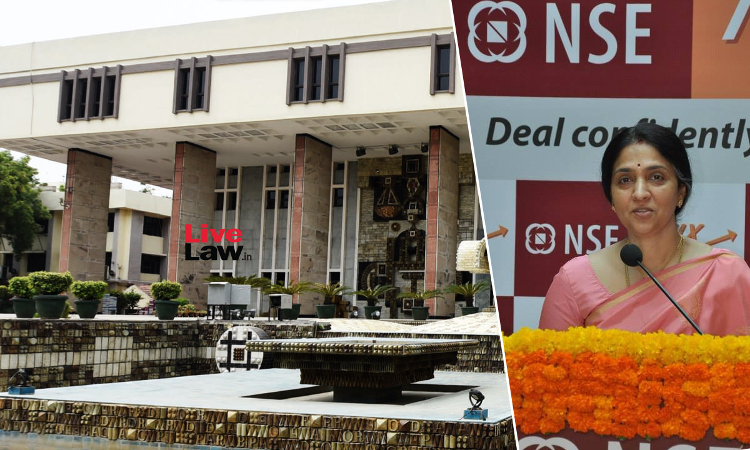NSE Co-location Scam: Why Did Delhi High Court Call CBI Chargesheet Incomplete?
Sofi Ahsan
29 Sept 2022 10:10 AM IST

Next Story
29 Sept 2022 10:10 AM IST
Granting default bail to the former National Stock Exchange CEO Chitra Ramkrishna and Chief Strategic Advisor to MD Anand Subramanian, the Delhi High Court on Wednesday called the Central Bureau of Investigation's probe report 'a piecemeal chargesheet'. It pointed out that the probe has been completed in respect of only a few of the offences in the FIR.What does the law say about submission of...
